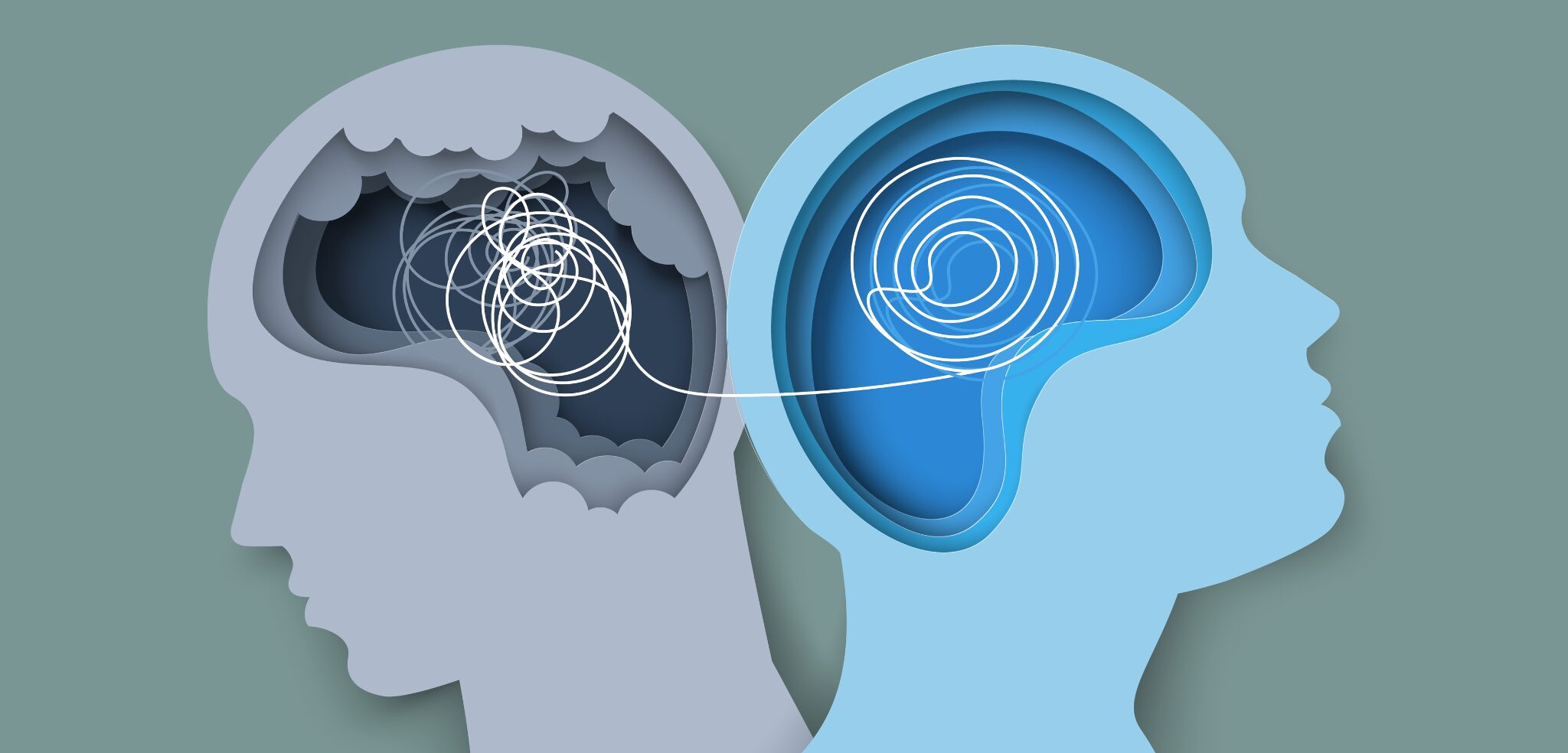Top Reasons to Consider Inpatient Mental Health Services This Year
Wiki Article
Comprehensive Inpatient Mental Health Services for Effective Treatment
Inpatient psychological wellness solutions stand for a crucial element of the medical care system, providing a extensive and organized atmosphere for people experiencing severe mental distress. These services utilize a multidisciplinary method, incorporating numerous evidence-based treatments to deal with the intricate needs of people. Nonetheless, the performance of such thorough treatment prolongs beyond prompt stabilization; it additionally includes the shift to outpatient assistance, a crucial phase often neglected. Checking out the subtleties of this continuum reveals substantial implications for both individual recuperation and more comprehensive psychological health and wellness results. What variables really affect this transition, and just how can we enhance its efficiency?Understanding Inpatient Mental Wellness Solutions
Inpatient mental wellness services supply critical assistance for people experiencing serious emotional distress that can not be managed effectively in an outpatient setting. These services are developed to offer an intensive level of care in a structured setting, usually within a hospital or specialized center. Individuals confessed to inpatient programs usually present acute signs and symptoms, such as self-destructive ideation, severe clinical depression, or psychosis, requiring day-and-night tracking and intervention.The admission process usually involves a comprehensive evaluation by mental health experts, who examine the person's psychological state, background, and instant requirements. Once confessed, individuals take part in a selection of healing techniques tailored to their particular needs, consisting of medication administration, individual therapy, and team sessions. This alternative strategy intends to stabilize the client's condition, promote safety and security, and foster coping skills.
Inpatient psychological health and wellness services not just address prompt wellness issues yet additionally function as a bridge to recurring treatment. By supplying a regulated setting, these solutions assist in the growth of treatment plans that can be continued in outpatient setups, hence making certain a continuum of care and improving long-term results for individuals with intricate mental health requirements.
Trick Components of Effective Therapy
Reliable therapy in inpatient mental wellness solutions comprises numerous vital components that cultivate healing and stablizing. A thorough assessment is important to determine the person's particular needs and obstacles. This analysis notifies the growth of a tailored treatment strategy, which serves as a roadmap for treatment.An additional vital element is the multidisciplinary group method. Cooperation amongst psychiatrists, psychologists, nurses, and social employees makes certain that different point of views add to the person's treatment, improving the performance of therapy. Evidence-based restorative modalities, such as cognitive-behavioral therapy (CBT) and dialectical behavior modification (DBT), are additionally indispensable, providing structured techniques that attend to maladaptive thought patterns and behavior issues.

Last but not least, an emphasis on aftercare planning is crucial to make sure a seamless shift to outpatient solutions, decreasing the threat of relapse and advertising long-lasting health. These cumulative elements produce an effective therapy framework within inpatient psychological health services.
Advantages of Comprehensive Care

Detailed care in inpatient mental health and wellness solutions supplies numerous advantages that substantially boost person results. One of the primary advantages is the holistic method to treatment, addressing not just the mental symptoms but additionally the physical, social, and psychological demands of people. This complete assessment permits tailored interventions that promote total well-being.
Another benefit is the integration of multidisciplinary groups, which cultivates collaboration among health care experts. This joint environment makes certain that clients receive collaborated treatment, reducing the risk of fragmented therapy and enhancing communication among caregivers. Additionally, detailed care facilitates connection of services, enabling smooth transitions from inpatient to outpatient setups, which is critical for long-lasting recovery.

Finally, the structured environment of extensive inpatient care provides a secure room for individuals to take part in healing tasks, helping them establish dealing strategies and resilience. Jointly, these advantages add to extra effective treatment and improved high quality of life for individuals experiencing psychological health and wellness dilemmas.
Evidence-Based Therapeutic Techniques
In the world of mental health and wellness therapy, evidence-based restorative approaches play an essential duty in making certain that patients obtain effective and medically supported treatments. These techniques integrate the very best offered study with professional expertise and patient values, fostering a tailored treatment experience that resolves individual demands.Cognitive Behavior Modification (CBT) is one of the most commonly acknowledged evidence-based methods, concentrating on determining and changing negative thought patterns and actions. This organized technique has actually shown efficacy in dealing with conditions such as ptsd, anxiousness, and clinical depression. In A Similar Way, Dialectical Behavior Modification (DBT) is specifically effective for individuals with borderline individuality condition, stressing the growth of emotional law and social effectiveness skills.
Additionally, medicine administration is frequently an integral part of evidence-based therapy, as psychotropic medicines can reduce symptoms and boost total performance. Collaborative treatment versions, which include multidisciplinary teams, further boost the efficiency of inpatient services by making sure comprehensive assessments and continual monitoring.
Ultimately, the integration of evidence-based therapeutic methods not only promotes positive medical outcomes but additionally empowers patients, cultivating a sense of company and durability in their mental health journeys.
Transitioning to Outpatient Assistance
The shift from inpatient mental health services to outpatient assistance marks a critical phase in an individual's recovery trip. This period calls for Inpatient Mental Health Facility mindful preparation and control to guarantee connection of treatment and to mitigate the dangers of relapse or situation. Efficient discharge preparation ought to begin early in the inpatient keep, including a multidisciplinary group that consists of psychoanalysts, psychologists, nurses, and social workers.Crucial element of a successful transition consist of the development of a thorough aftercare strategy tailored to the individual's details needs. This plan must detail follow-up consultations, drug administration, and restorative treatments, in addition to determine neighborhood sources and support system that can help with ongoing recuperation.
Furthermore, client and family education and learning is essential throughout this phase. Understanding the indications of prospective setbacks and the significance of sticking to treatment can encourage patients and their support group.
Normal follow-up and reassessment of the outpatient strategy are necessary to attend to advancing difficulties. By promoting a collective partnership between outpatient and inpatient companies, the probability of continual healing boosts, ultimately boosting the person's lifestyle and reducing the danger of readmission.

Conclusion
In summary, detailed inpatient psychological health services provide a necessary structure for attending to extreme emotional distress through a multidisciplinary strategy. By incorporating evidence-based therapies, promoting an organized atmosphere, and advertising household involvement, these solutions boost treatment effectiveness. The focus on stability and the advancement of coping skills not only help in instant recuperation yet additionally assists in a smoother change to outpatient care. Inevitably, such thorough treatment is important for long-lasting psychological health and wellness.The admission process typically entails a comprehensive evaluation by psychological wellness experts, that examine the person's psychological state, history, and immediate requirements.Efficient therapy in inpatient mental health services comprises a number of vital components that cultivate healing and stablizing.Thorough care in inpatient mental health services uses countless advantages that considerably boost individual results.The shift from inpatient psychological wellness services to outpatient assistance marks a vital phase in an individual's healing journey.In recap, comprehensive inpatient psychological health solutions provide a necessary framework for addressing serious emotional distress with a multidisciplinary strategy.
Report this wiki page